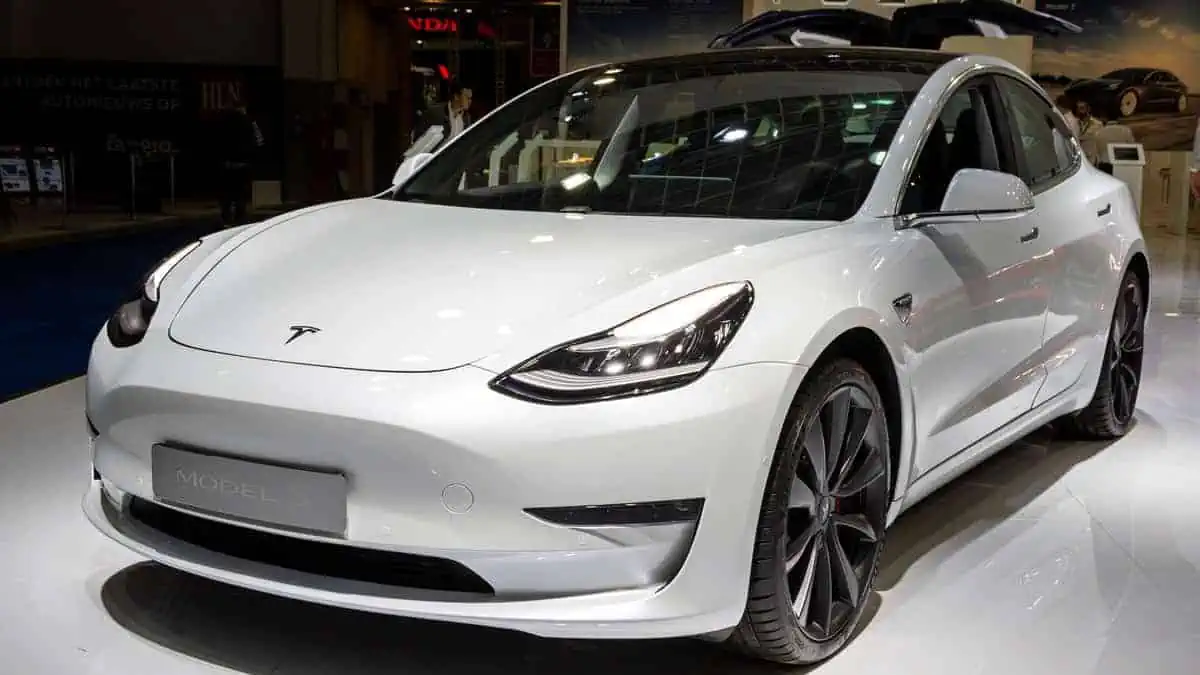Electric cars could become cheaper if US congress approves a spending act that attributes huge climate considerations, among others.
Why the bill is important
The in-advance prices of EV are still too high for many buyers, even though the long-term price of possession is low for an EV.
- Amended tax credits, along with incentives for local production of EV batteries and mining of raw materials, should support the relaunch of the EV industry in America.
Climate activists think tying tax credits to a local supply chain may not work.
Bill Fine prints
In the recent version of the act, E.V. purchasers can make up to $7,500 in national tax credits on North American-made cars, but just if the battery minerals are mined in the USA, or a trade partner state, and the battery is mainly made in North America. (That indicates vehicles such as the popular Mexico-made Ford Mustang Mach-E would be eligible.)
- There are new revenue qualifications and sticker cost limits ($80,000 for trucks and SUVs, $55,000 for sedans) to secure that the incentives are directed to general-market consumers, not rich purchasers of luxury E.V.s.
- The credits can be applied as a refund during the purchase, instead of during the tax filing period, which could make in-advance prices of E.V.s cheaper for many.
- Purchasers of secondhand electric cars would be qualified for a credit of up to $4,000, significant because 70% of vehicles bought are used.
- Commercial fleet owners would also qualify for E.V. purchase credits.
The act would also eliminate a cap restricting tax credits to 200,000 cars per maker, which would have put early leaders such as Tesla, GM, and Nissan at a downside.
- Rather, the credits will sunset for all car manufacturers in 2032.
There are also funds in the act to motivate U.S. manufacturing of E.V. batteries, parts, and minerals, in line with the efforts of Biden’s Administration to create a local E.V. supply chain. The package includes:
- $10 billion in funding tax credits and $20 billion in loans to build clean technology production facilities.
- $2 billion in grants to revamp current car production facilities to build EVs.
- $500 million in the Defense Production Bill for heat pumps and critical mineral processing.
Statement from ZETA Chairman
“This, in aggregate, is a very big deal that will really catalyze domestic manufacturing,” stated Joe Britton, the Zero Emission Transportation Association’s (ZETA) executive director.
Observation
The law will require united Democratic help to pass the Senate (which is uncertain), and information could still change throughout the revision process.
The $369 billion allocated for climate and energy supplies in the Inflation Reduction Bill of 2022 will have broad-ranging effects on public and private firms for decades as they support a stream of ready-made funds in space.
Climate technology firms stand to benefit as much as, if not more than, daily customers, from better access to disbursement of funds through grants, loans, credits, or assistance that didn’t exist even earlier this week.
The climate and energy provisions in the income and spending contract of the Senate cover all from incentives to purchase electric cars to encourage the development of next-generation climate technologies, like direct air catch.
The big picture
The draft act would bring down U.S. carbon dioxide and methane excretion and rapidly increase the development and distribution of new technologies.
The Loan Programs Office of the Department of Energy promised another $102.1 million to another battery project, through Syrah Technologies, days after promising $2.5 billion in loans to a GM-LG combined battery project.
The DOE is willing to play a key role in building up lithium-ion battery manufacturing in the US






